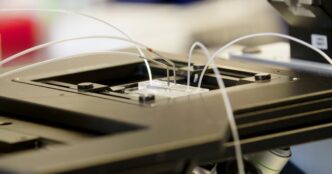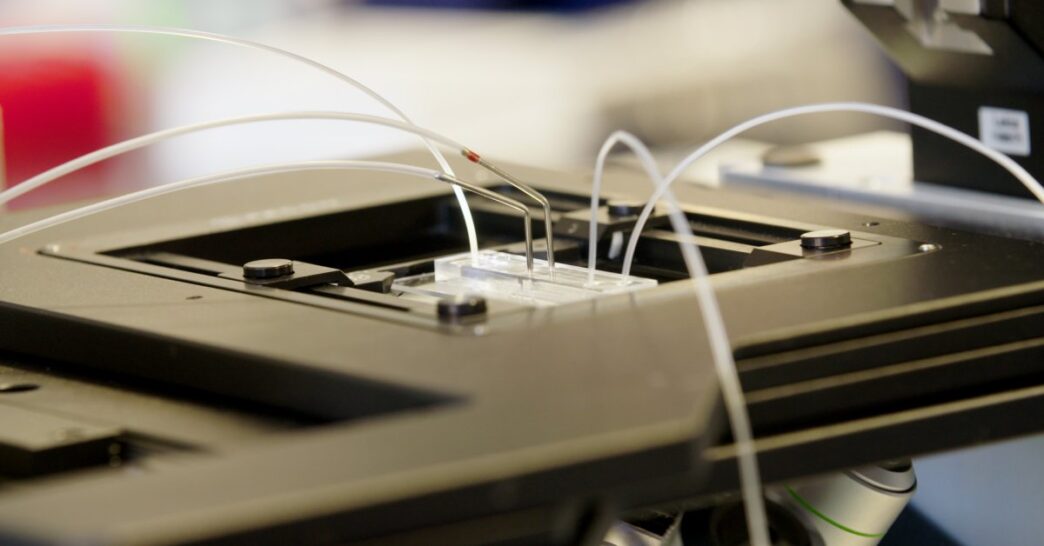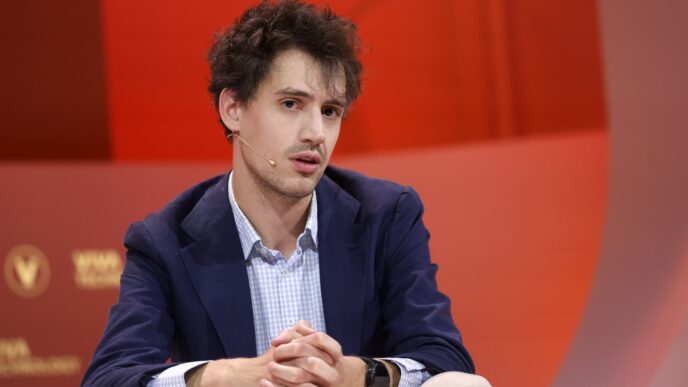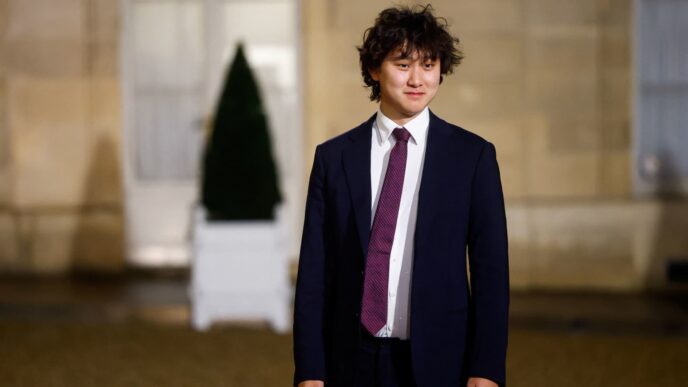Columbia University Fertility Center just reported the first pregnancy using their new AI system designed to detect sperm in men with azoospermia — a condition with no sperm in the ejaculate. The couple had been trying to conceive for nearly 20 years.
The system, called STAR (Sperm Track and Recovery), uses AI paired with a fluidic chip to scan semen samples. It isolates rare sperm cells by passing the sample through tiny tubules and directs any detected sperm to a collection channel. This breakthrough means sperm can be retrieved even when human experts see none under the microscope.
Dr. Zev Williams, who led the project, said STAR can scan eight million images an hour and find as many as 44 sperm in samples where embryologists found zero, often within only an hour.
“If you can look into a sky that’s filled with billions of stars and try to find a new one, or the birth of a new star, then maybe we can use that same approach to look through billions of cells and try to find that one specific one we are looking for,” Williams stated.
“I liken it to finding a needle hidden within a thousand haystacks. But it can do that in a couple of hours—and so gently that the sperm that we recover can be used to fertilize an egg.”
The couple, who asked to be called Rosie and her husband, had tried 15 IVF cycles over 19 years and extensive treatments before turning to STAR in March 2025. Their successful IVF cycle was identical to previous ones except the sperm collection was done through STAR.
“There really was nothing else out there,” Rosie said.
“Especially because I am running quite a few years ahead of where we should be [for fertility]. I’m not that old, but in fertility years—egg-wise—I was reaching my end.”
“We knew exactly what it was, and knew what they were trying to do,” she added.
“If they could get sperm in a more natural way without chemicals and hopefully chose the good ones—if the program was able to do that, we knew we had a better chance.”
Within two hours on the day of egg retrieval, STAR helped fertilize Rosie’s eggs. Now four months pregnant, Rosie says she still struggles to believe it’s real.
Williams says azoospermia is just one infertility issue AI could tackle. STAR pairs AI detection with automated isolation, a game-changer for patients previously told they had no chance.
“There are things going on that we are blind to right now. But with the introduction of AI, we are being shown what those things are. The dream is to develop technologies so that those who are told ‘you have no chance of being able to have a child’ can now go on to have healthy children.”














